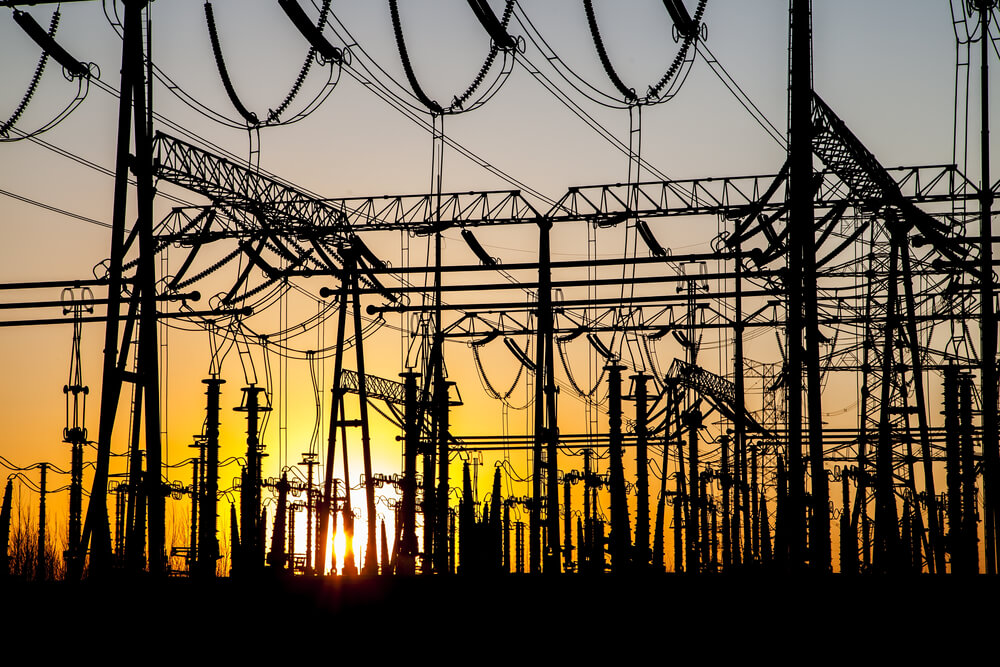VAT hike puts brakes on home solar and batteries

Luke Osborne
Energy and Emerging Technologies Solutions Advisor
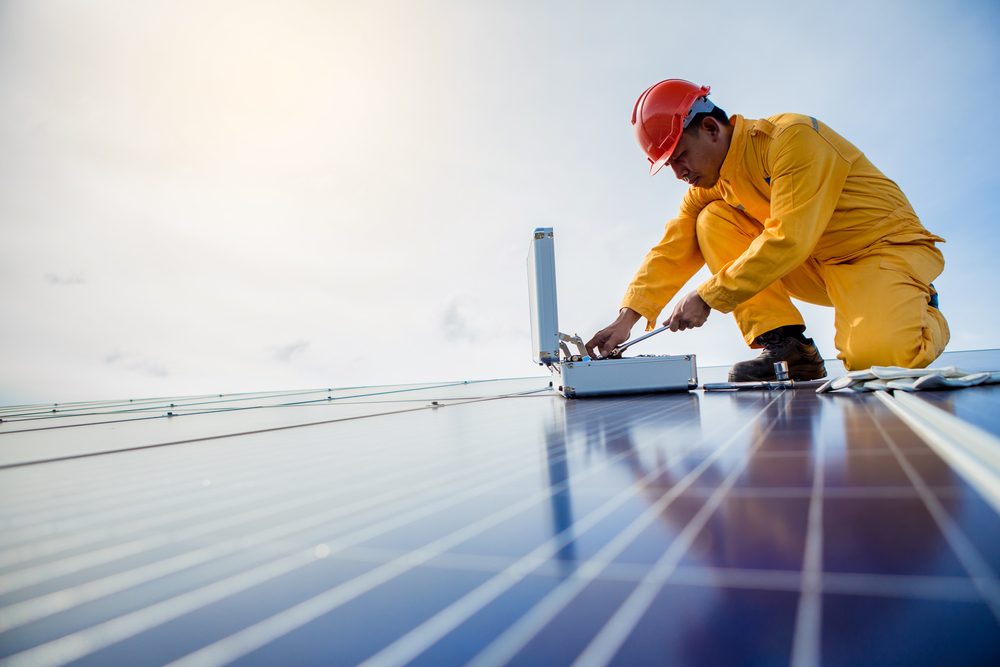
Less than two weeks after outgoing Prime Minster Theresa May declared that the UK will achieve its new ‘Net Zero Carbon’ goal by 2050, a jubilant renewable energy industry was quickly pulled back down to earth.
HMRC announced that, from 1 October, VAT on home solar PV and solar-battery systems will increase sharply from 5 per cent to 20per cent.
The PM’s Net Zero announcement positioned the UK as a world leader in the fight against climate change. This latest move, however, somewhat contradicts that commitment.
Our Net Zero commitment still stands, of course, and it is still expected to herald more de-centralised renewable energy installations
It could also further destabilise the UK’s renewable energy industry, which was left wounded by the recent removal of the Feed-in Tariff.
Our Net Zero commitment still stands, of course, and it is still expected to herald more de-centralised renewable energy installations and accelerate the electrification of infrastructure, but the transition to a carbon-free future will be hampered by this VAT hike.
The labour component of solar and battery installations – the cheapest part – will remain taxed at 5 per cent. The new rate will apply to material costs, which in general are the most expensive part of an installation. This will most likely have a negative effect on a key part of the energy mix needed to balance the grid and enable more ‘self-consumption’ by members of the public.
Meanwhile (and worryingly for our Net Zero target), VAT rates for home gas and coal supplies will remain at 5 per cent.
I find it disappointing that, despite clear and definitive guidance from the Committee on Climate Change, and overwhelming consensus in the scientific community (and in the general population), the government still went ahead with this decision.
The official rationale is that, according to EU law ruled in 2015, the discounted tax rate was illegal to begin with. However, the government did not enact any changes to the VAT rate at the time, and the European Court of Justice has since published a VAT action plan (2016) without comment on solar power. It is perhaps telling that the new rates are due to come into effect the same month that the UK is to leave the EU.
ECA will continue to encourage government to make it clear how they intend to support industry in making the shift to a carbon-free future, and will continue to recommend actions that work for the benefit of both business and the environment.

Luke Osborne
Energy and Emerging Technologies Solutions Advisor
Luke joined ECA's technical team in 2018. Luke completed a mechanical and electrical apprenticeship with the Ford Motor Company in 1997 and has since held many technical roles, from site engineer to development engineer and global support. Following completion of an engineering degree with a specialisation in sustainability, Luke ran his own renewable energy installation company, with a particular focus on solar.
Related Articles
Spotlight shifting to M&E embodied carbon
The value of energy efficiency
ECA Commercial Associate Kosnic lights the way to sustainability
Net Zero Review underlines role for engineering services
Five ways to become a more sustainable business in 2023
Now is our last chance to make homes fit for the future
It’s a great time for a green career
Bringing Low-Carbon Apprenticeships to Life
The future of the built environment after COP26
Life after COP26: what happens next?
The view from COP26
Net Zero: a personal perspective
How the electrotechnical contractor can help clients mitigate against energy price rises
New rules for Public Sector Carbon Reporting
Setting the stage for COP26: Green Jobs
100 days until COP26: what are we doing to reach Net Zero?
A new era of fossil free travel
The clock is ticking for the future of net zero buildings
Clear, present and future opportunities for EV charging
Heatpumps or Hydrogen? The future of clean energy
Behind the headlines: Net Zero Carbon
A clear route to Getting Zero Carbon Done
Introducing the new MCS
Get into EV! Interview with Darren Crannis
Why Europe needs a green recovery
Electric heat edges ahead in the low carbon stakes
Let's get Zero Carbon done
SF6: the greenhouse gas at the heart of our industry
Are you up to date with ECAtoday?
ECAtoday is the official online magazine of ECA and reaches thousands of people within the electrotechnical and engineering services industry.
Copyright © 2024 Electrical Contractors Association Ltd







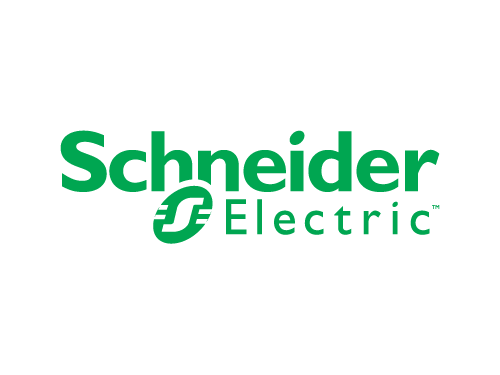

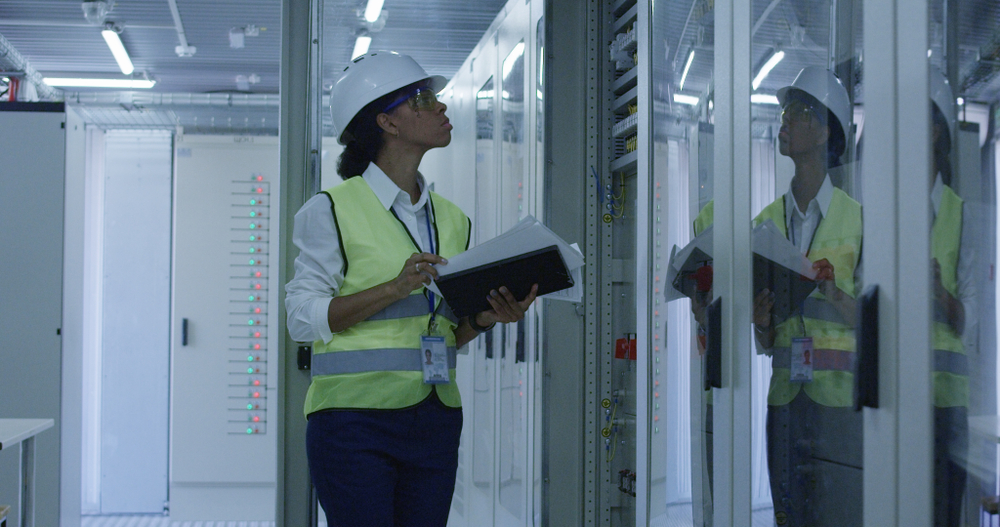



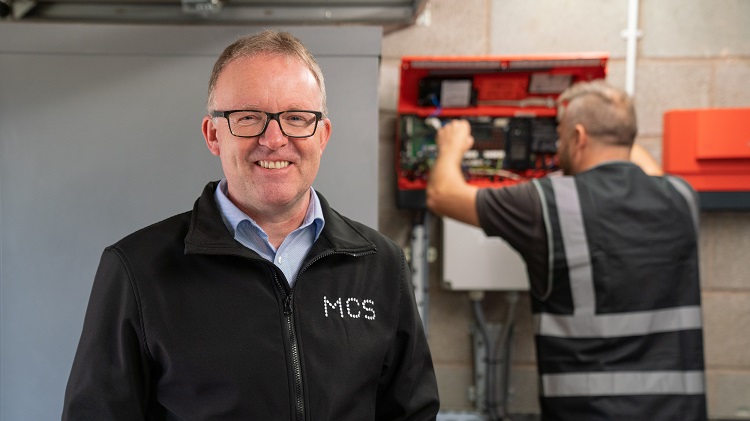




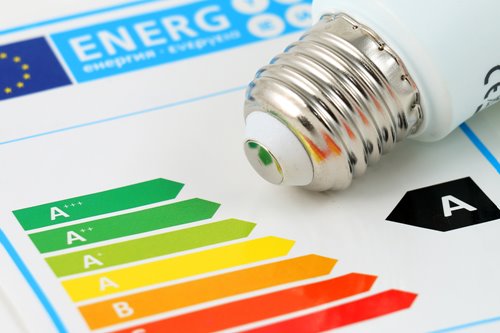



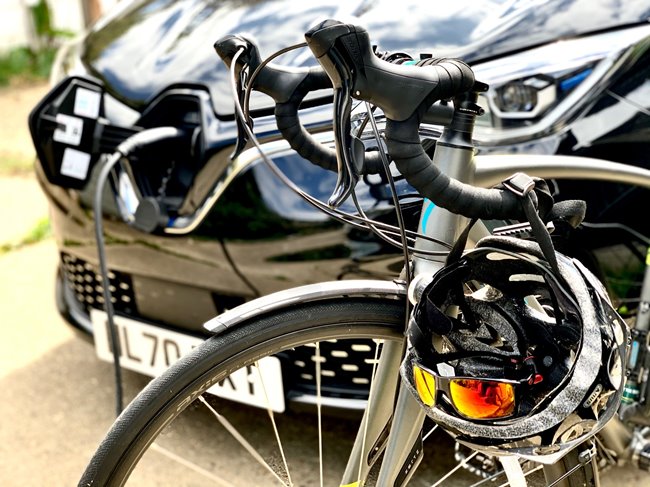

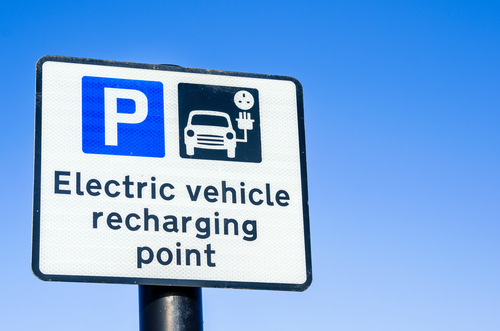


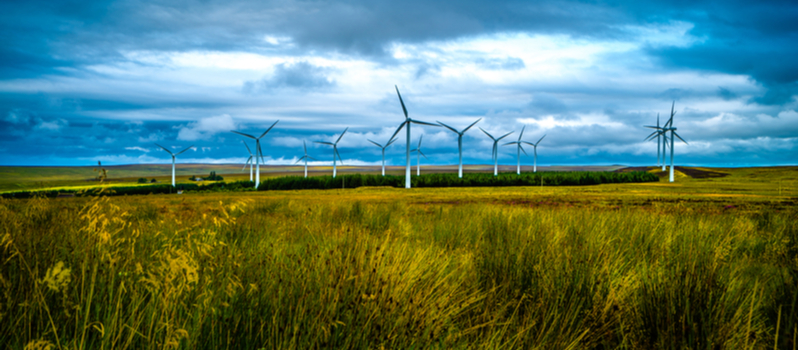
.jpg?width=1000&height=999&ext=.jpg)




